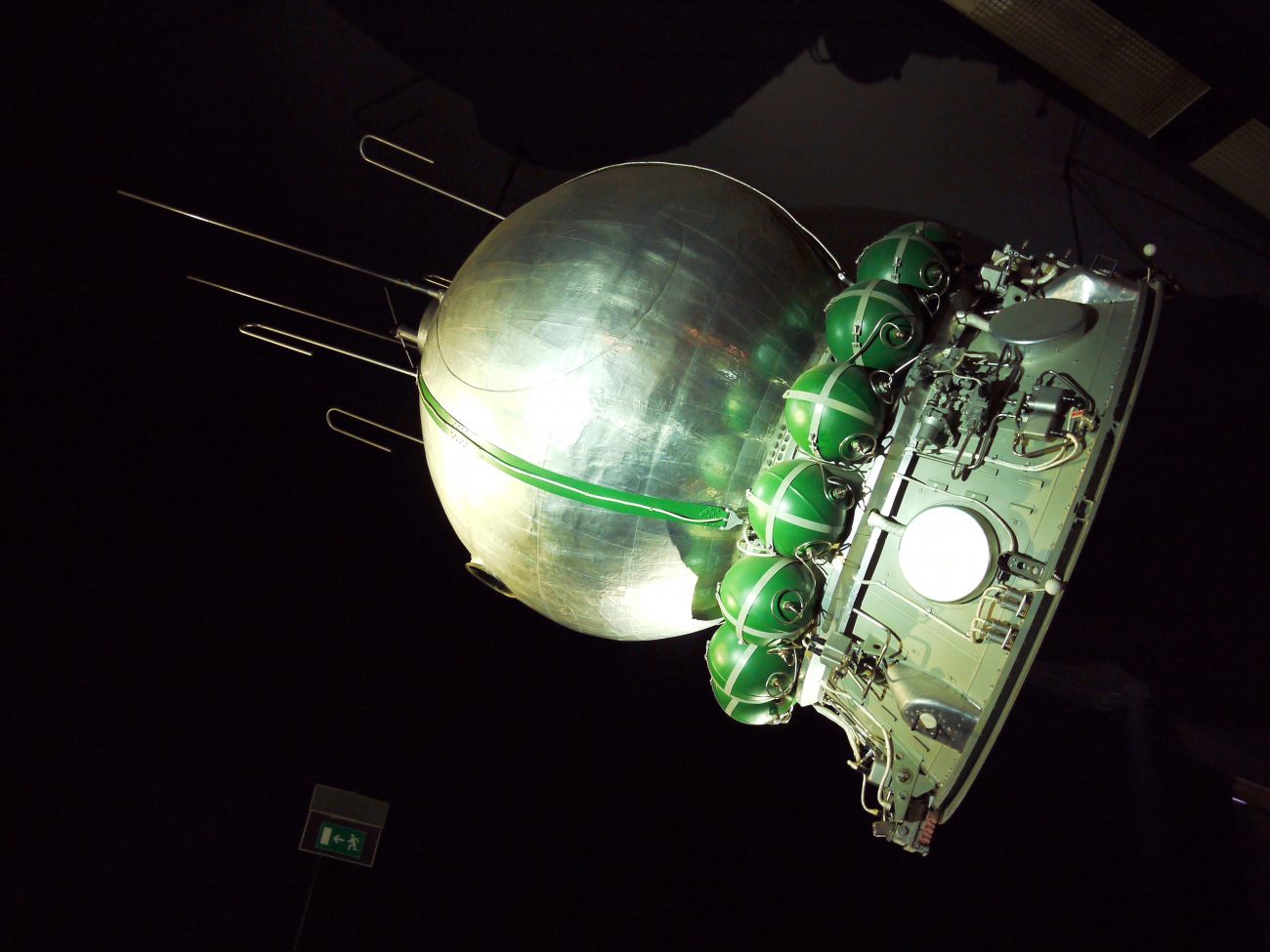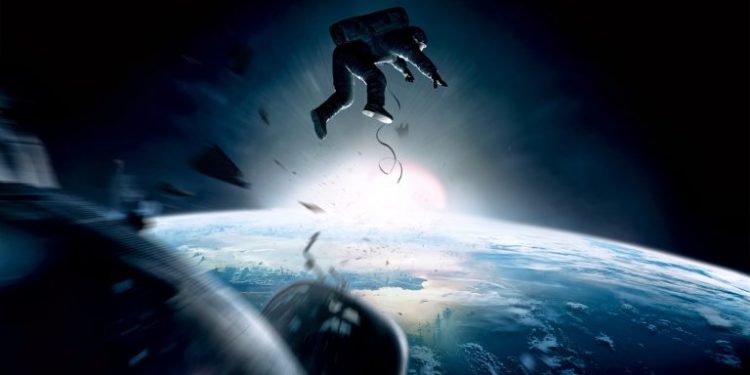The lost cosmonauts of the USSR are at the heart of one of the most mysterious and debated stories of the space race era. While the world watched the USSR and the USA compete to put the first human in orbit, an alleged chilling radio transmission intercepted in 1961 hinted that not every Soviet mission ended in triumph — or even returned home.
What if the first woman in space was never recorded in official history? What if a doomed re-entry was caught in real time by two amateur radio operators who weren’t supposed to be listening?
This is the supposed story of a forgotten voice in space — and the possibility that some of the USSR’s earliest spaceflight attempts were never meant to be known.
The mystery of the lost cosmonauts of the USSR

On April 12, 1961, Yuri Gagarin became the first human to orbit Earth, marking a historic milestone for the Soviet Union. But behind that achievement, whispers of failed missions and missing cosmonauts began to circulate.
In the months leading up to Gagarin’s mission, and shortly after, a pair of Italian amateur radio operators — the Judica-Cordiglia brothers — claimed to have intercepted disturbing transmissions from space. These were not the triumphant tones of successful flights. They were desperate cries for help, some of which they recorded and preserved.
One of the most famous recordings came from what was allegedly a Soviet spacecraft carrying a female cosmonaut in May 1961. The USSR never officially acknowledged such a mission. But the recording tells a haunting story.
A chilling voice from the void
According to the Judica-Cordiglia brothers, the signal came during a spacecraft’s re-entry. What they heard was not silence — but a voice. A woman, distressed, possibly dying, trying to make contact.
“listen… listen! come in! come in… come in… talk to me! talk to me! I am hot… I am hot! what? forty- five? what? forty-five? fifty? yes… yes… breathing… breathing… oxygen… oxygen… I am hot… isn’t this dangerous? it’s all… yes… how is this? what? talk to me! how should I transmit? yes… what? our transmission begins now… forty-one… this way… yes… I feel hot… I feel hot… it’s all… it’s hot… I feel hot… I can see a flame… I can see a flame! I feel hot… I feel hot… thirty-two… thirty-two… forty-one… am I going to crash? yes… yes… I feel hot… I feel hot! I will re-enter…”
The broadcast ends with static.
Official Soviet reports never confirmed the incident. They never admitted a cosmonaut died in that mission — or that it even happened at all.
More voices from space
The Judica-Cordiglia brothers claimed to have recorded nine separate unexplained transmissions between 1960 and 1964. Here’s what they documented:
-
May 1960: A spacecraft goes off course.
-
November 28, 1960: An SOS signal is heard in Morse code from deep space.
-
February 1961: A male voice appears to suffocate mid-transmission.
-
April 1961: A spacecraft orbits Earth three times and re-enters just before Gagarin’s flight.
-
May 1961: A female cosmonaut makes a distress call during re-entry.
-
October 1961: A cosmonaut loses control and drifts into deep space.
-
November 1962: A capsule misjudges re-entry and skips back into orbit.
-
November 1963: A female voice dies during re-entry — possibly the same as the May 1961 signal.
-
April 1964: A cosmonaut burns up during descent.
If true, these accounts would mean the USSR lost multiple cosmonauts in secret — missions unacknowledged, names unrecorded, lives lost in silence.
What really happened?
To this day, there is no hard evidence proving the supposed lost cosmonauts of the USSR ever existed. The tapes are real, but their authenticity is debated. No wreckage, no recovered capsules, no official names.
Skeptics argue that the Judica-Cordiglia brothers misinterpreted signals or were victims of hoaxes. Others believe the Soviet Union had every reason to bury their failures — and that these cosmonauts were simply erased from the record.
What remains undeniable is the emotional impact of the intercepted voice — raw, frightened, and haunting.
Whether real or not, the story of the lost cosmonauts of the USSR taps into something deeper — the price of progress, the danger of ambition, and the human cost of pushing the boundaries of exploration.
Space may be silent. But some say, if you listen closely, echoes of those early missions are still out there — drifting just beyond our reach.











